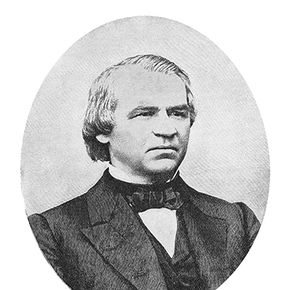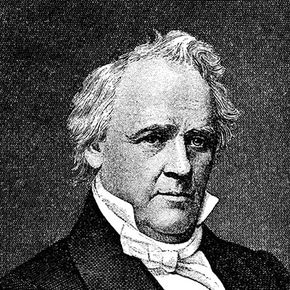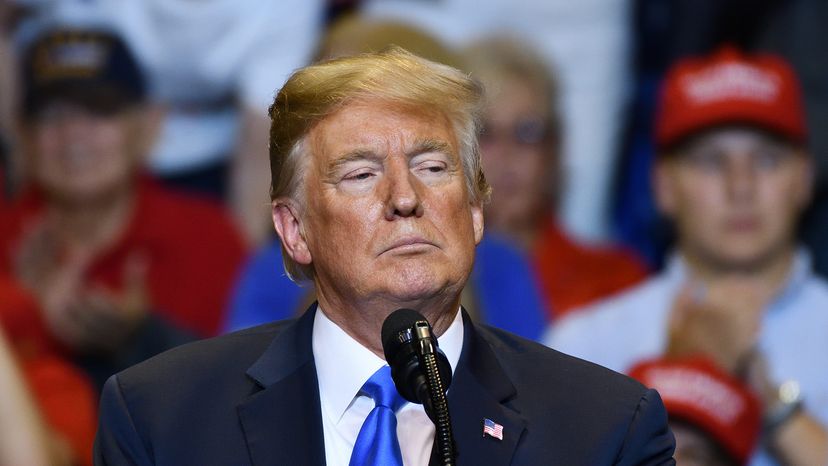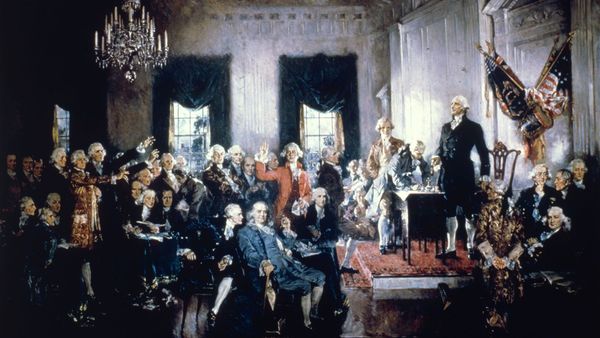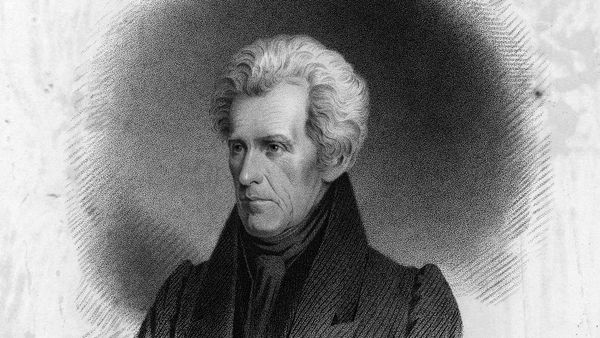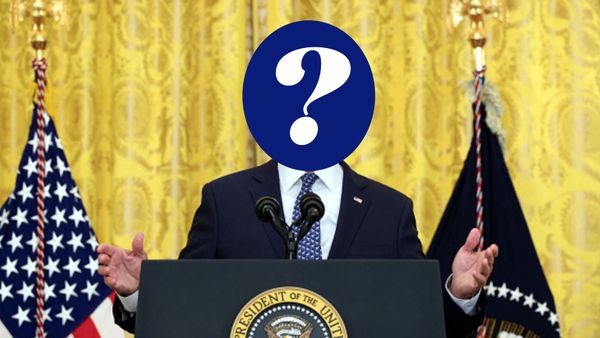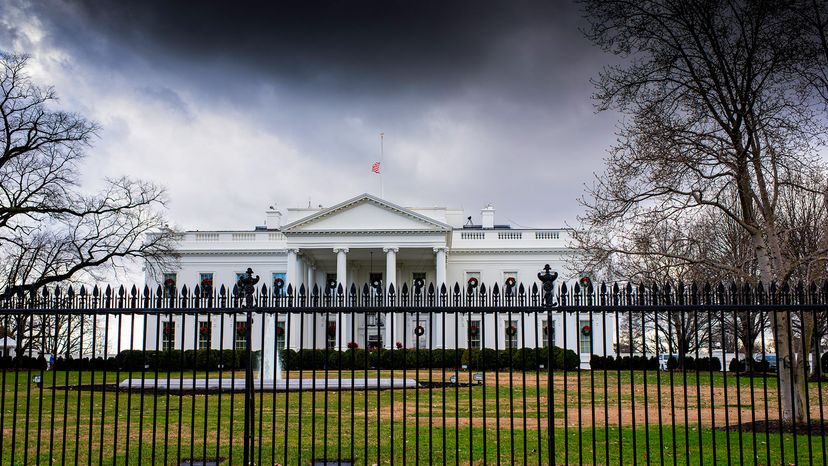
Anyone who pays attention to American history and politics has probably wondered: Who was the worst president ever? Since 1980, the Siena College Research Institute (SCRI) has been trying to come up with a definitive answer by periodically surveying more than 140 presidential scholars, historians and political scientists.
"The scholars must publish in peer-reviewed journals on the presidency or individual presidents, publish popular manuscripts, or teach courses at colleges or universities that focus on the presidency," explains Don Levy, SCRI's director, via email. They rank the best and worst presidents according to 20 separate categories, including party leadership, ability to compromise, foreign policy accomplishments, intelligence and moral authority.
Advertisement
Over the past 40 years, the same five presidents have held the top spots. In 2022, the best five were:
- Franklin Roosevelt
- Abraham Lincoln
- George Washington
- Theodore Roosevelt
- Thomas Jefferson
The presidents at the bottom have also mostly stayed the same, with one exception. The worst in 2022 (with the worst in the top spot) were:
- Andrew Johnson
- James Buchanan
- Donald Trump
- Warren Harding
- Franklin Pierce
"For the most part, our best presidents directed the country through periods of crisis," says Levy, "while our worst failed to lead our country pursuant to our values and ideals when facing critical tests." For instance, FDR was the highest-ranked president in the 2022 survey, and he demonstrated exceptional crisis management during World War II. He also scored first in the categories of vision/agenda, domestic leadership and foreign policy leadership.
Advertisement
